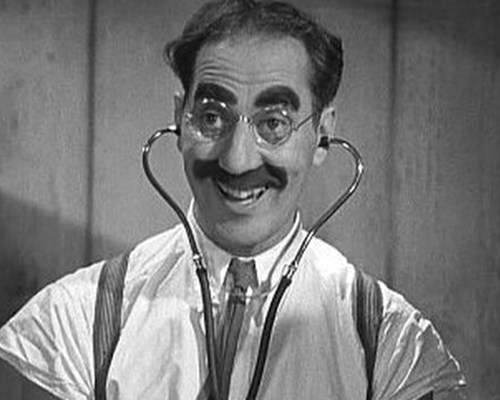So you want to run a marathon, huh? Why? This is a question you need to really think about in order to prepare your mind for what lies ahead. The rigors of a marathon training schedule are tough, time consuming and hard on the feet and ankles. But it’s all possible! You just need to get the right mindset.
If you are preparing to run your first marathon – run it to finish it, but don’t plan on winning the race. There are far more experienced and conditioned runners out there who will be competing for the medals. Don’t enter this blindly, but educate yourself so you’re fully aware of what’s required.
- Allow yourself ample time for conditioning. Your pace should be slow, and the rate at which you build your distance should also be slow. This is a lengthy process and any attempts to rush it are likely to land you on the injured list and sideline you altogether.
- Be aware that you will have increasing nutritional demands and respond to those demands accordingly. No big secret to successful marathon training – stay motivated, train safely and maintain good nutrition. Nutrition cannot be stressed enough as you work toward the big day. You need to plan on getting about 60-65% of your daily caloric intake from complex carbohydrates. You need 20-25% from unsaturated fats and 10% from quality protein. In addition you should take a multi-vitamin, which will give you adequate minerals. Also, don’t deny the body the calcium and iron it’s sure to need. There are many nutritional source charts and guidelines available on line.
- Proper stretching and warm up is an important component of any exercise program and should not be denied here. Failure to engage in routine stretching is opening the door to the likelihood of injury. Make sure you are allowing for warm up and cool down, and take time for good stretches following your run. Your body will thank you for it.
- Good marathon training allows for days off. Break up your runs with at least two days off per week during which time you may want to weight train. The days you don’t run are just as important as the days you do. This allows your body to rest and allows muscle tissue time to repair itself. Most training incorporates only one long run per week and that is sufficient. Take a day of rest and do weight training after your long run.
- Select from the multitude of training schedules that allow you to build up gradually over time. Most of the schedules for runners who are training for their first marathon are about 18 weeks long and start with runs of about 4 or so miles the first week. Go easy, be responsible and avoid those foot and ankle injuries.
If you have pain that you think may be the result of your increased activity, call the Hillsboro office at (503) 648-1713, the Newberg office at (503) 538-0466 or the Beaverton office at (503) 292-9252. Our expert advice can help ensure you reach the finish line, and as a beginner marathoner, that should be your only goal.
K.G. Gauntt, DPM








